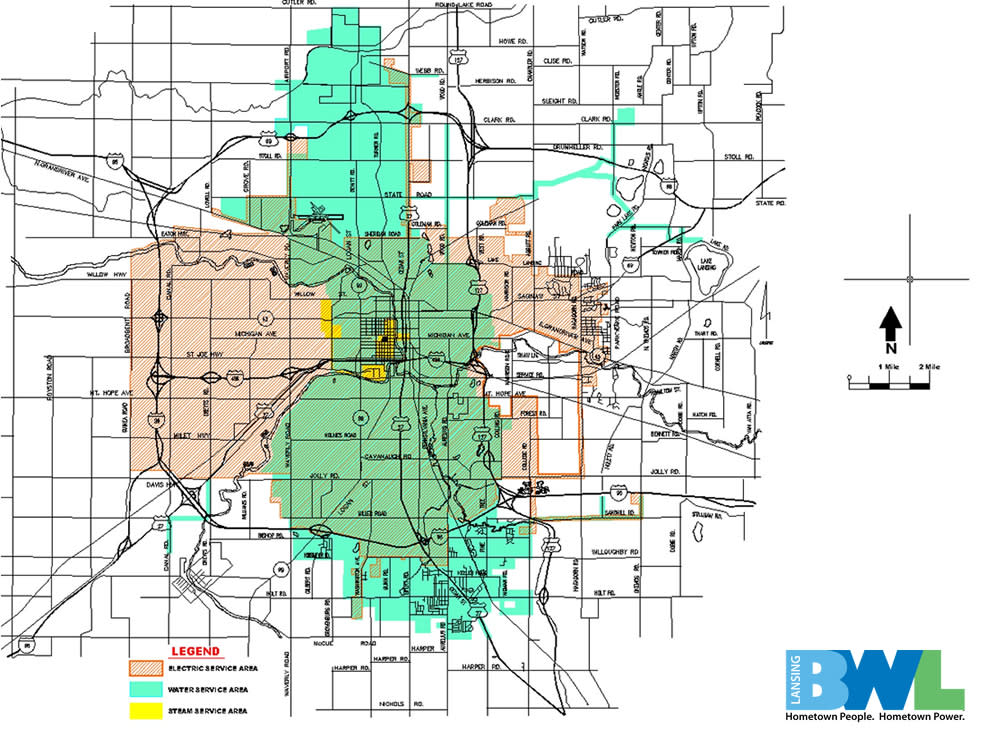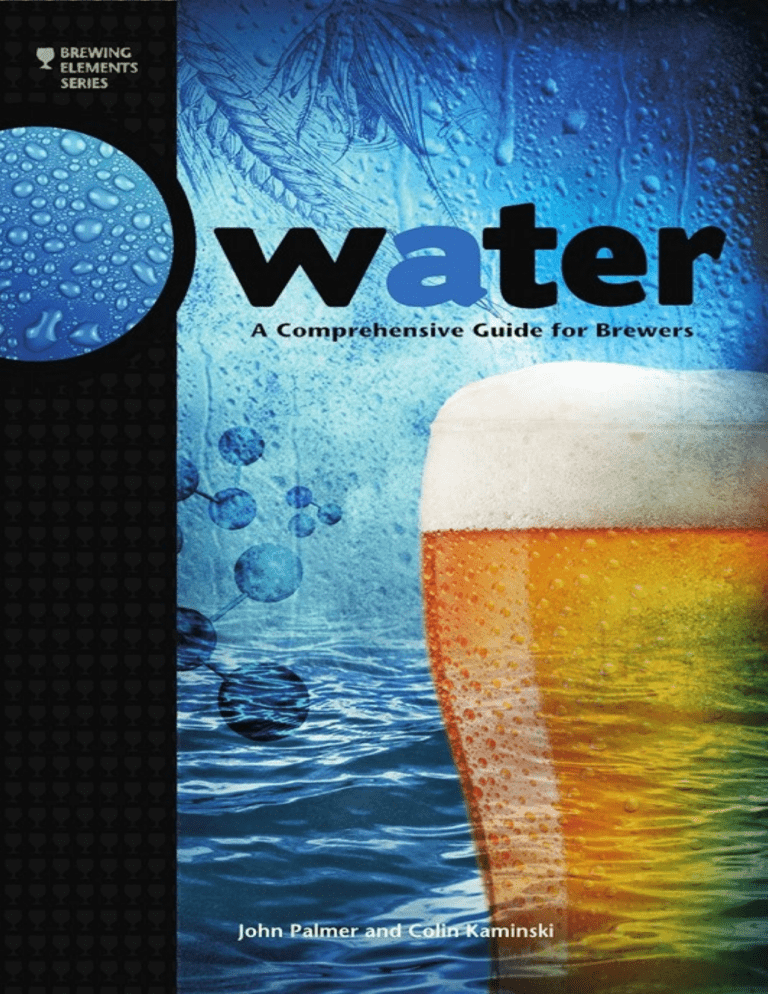What You Need To Know About The Board Of Water And Light: A Comprehensive Guide
Alright folks, gather 'round because today we're diving deep into the world of public utilities. If you’ve ever wondered about the Board of Water and Light, you’re in the right place. This ain’t just another boring guide—it’s your ultimate cheat sheet to understanding one of the largest municipal utilities in Michigan. So, buckle up and let’s get started!
Now, before we dive headfirst into the details, here’s a little context. The Board of Water and Light (BWL) is no small player in the energy game. It serves over 185,000 electric customers and around 90,000 water customers in Lansing and surrounding areas. That’s a lot of people relying on this utility for their daily needs. Whether it’s keeping the lights on or ensuring clean water flows through your taps, BWL plays a crucial role in the community.
So, why should you care? Well, whether you’re a homeowner, a business owner, or simply someone who pays attention to how things work, knowing more about BWL can help you make informed decisions. From billing to sustainability efforts, this guide has got you covered. Let’s roll!
Read also:Pining For Kim The Ultimate Guide To Understanding And Embracing This Global Obsession
Table of Contents
- Introduction to the Board of Water and Light
- A Brief History of the Board of Water and Light
- Services Provided by BWL
- Understanding BWL Rates
- BWL's Commitment to Sustainability
- The Infrastructure Behind BWL
- BWL's Role in the Community
- Challenges Faced by BWL
- The Future of BWL
- Tips for BWL Customers
Introduction to the Board of Water and Light
Let’s kick things off with a quick overview of what the Board of Water and Light actually does. BWL is a municipal utility that provides essential services like electricity and water to residents and businesses in Lansing, Michigan. But here’s the kicker—it’s owned by the people it serves. Yep, you heard that right. That means any profits are reinvested back into improving services and infrastructure.
Now, if you’re thinking, “Why should I care?” let me break it down for you. As a customer, understanding how BWL operates can help you save money, reduce your environmental impact, and even get involved in shaping the future of your local utility. Plus, knowing your rights and responsibilities as a customer is always a good idea.
Why BWL Matters
Here’s the deal: BWL isn’t just about flipping switches and turning faucets. It’s about delivering reliable, affordable, and sustainable energy and water services to the community. And in today’s world, where climate change and resource scarcity are real concerns, that mission is more important than ever.
A Brief History of the Board of Water and Light
Before we dive into the nitty-gritty of BWL’s operations, let’s take a quick trip down memory lane. The Board of Water and Light was established way back in 1883, making it one of the oldest municipal utilities in the country. Back then, it started as a small waterworks system, but over the years, it grew to include electricity services as well.
Fast forward to today, and BWL has evolved into a modern utility that leverages cutting-edge technology to deliver top-notch services. But one thing hasn’t changed: its commitment to serving the community. From the early days of horse-drawn wagons delivering water to the sophisticated grid systems we have now, BWL has always been at the forefront of innovation.
Key Milestones in BWL's History
- 1883: Establishment of the waterworks system
- 1901: Introduction of electricity services
- 1950s: Expansion to serve surrounding areas
- 2000s: Focus on sustainability and renewable energy
Services Provided by BWL
Alright, let’s talk turkey. What exactly does the Board of Water and Light do for you? First and foremost, it provides electricity and water services to its customers. But that’s not all. BWL also offers a range of programs and resources to help you manage your usage, save money, and reduce your carbon footprint.
Read also:Chevy Chase Discovering His Age Life And Legacy
For instance, they have energy efficiency programs that can help you upgrade your home with energy-saving appliances. They also offer rebates and incentives for using renewable energy sources like solar panels. And let’s not forget about their customer support team, which is always ready to assist you with billing inquiries, service requests, and more.
Key Services Offered by BWL
- Electricity supply
- Water supply
- Energy efficiency programs
- Renewable energy incentives
- Customer support services
Understanding BWL Rates
Now, let’s get into the brass tacks. One of the most common questions people have about BWL is, “How much does it cost?” Well, the answer isn’t as straightforward as you might think. BWL’s rates are determined by a variety of factors, including the cost of fuel, infrastructure maintenance, and regulatory requirements.
Here’s the thing: BWL strives to keep its rates competitive while still maintaining high-quality services. They also offer programs to assist low-income customers and those who are struggling to pay their bills. So, if you’re ever in a tight spot, don’t hesitate to reach out to them for help.
Factors Affecting BWL Rates
- Fuel costs
- Infrastructure maintenance
- Regulatory requirements
- Customer assistance programs
BWL's Commitment to Sustainability
Let’s talk about something that’s close to everyone’s heart these days: sustainability. BWL is committed to reducing its environmental impact and promoting renewable energy. In fact, they have set ambitious goals to increase the use of renewable energy sources and reduce carbon emissions.
One of their flagship initiatives is the Green Energy Plan, which allows customers to choose renewable energy options for their electricity needs. They also invest in energy-efficient technologies and work closely with local organizations to promote sustainability in the community.
BWL's Sustainability Initiatives
- Green Energy Plan
- Energy-efficient technologies
- Community partnerships
- Carbon reduction goals
The Infrastructure Behind BWL
Now, let’s take a peek behind the curtain. What makes BWL tick? Well, it all comes down to infrastructure. BWL operates a network of power plants, water treatment facilities, and distribution systems that work together to deliver services to its customers.
They invest heavily in maintaining and upgrading this infrastructure to ensure reliability and efficiency. For example, they recently completed a major upgrade to their water treatment plant, which now uses state-of-the-art technology to produce clean, safe drinking water.
Key Components of BWL's Infrastructure
- Power plants
- Water treatment facilities
- Electricity distribution systems
- Water distribution systems
BWL's Role in the Community
Here’s where things get really interesting. BWL isn’t just a utility provider; it’s also a vital part of the community. They work closely with local organizations to support economic development, environmental sustainability, and social responsibility.
For instance, they partner with schools to educate students about energy conservation and sustainability. They also sponsor community events and initiatives that promote environmental awareness and civic engagement. In short, BWL is more than just a service provider—it’s a community partner.
Ways BWL Engages with the Community
- Educational programs
- Community partnerships
- Sponsorships and events
- Environmental initiatives
Challenges Faced by BWL
No organization is without its challenges, and BWL is no exception. One of the biggest hurdles they face is balancing affordability with sustainability. As energy costs rise and environmental regulations become stricter, BWL has to find ways to keep rates reasonable while still investing in green technologies.
They also deal with the usual challenges of maintaining aging infrastructure and adapting to changing customer needs. But through it all, they remain committed to delivering reliable, high-quality services to their customers.
Key Challenges for BWL
- Affordability vs. sustainability
- Maintaining aging infrastructure
- Adapting to changing customer needs
- Meeting regulatory requirements
The Future of BWL
So, what’s next for the Board of Water and Light? Well, the future looks bright (pun intended). BWL has big plans to expand its use of renewable energy sources, improve its infrastructure, and enhance customer services.
They’re also exploring new technologies and innovations that could revolutionize the way they deliver services. From smart grids to advanced water treatment systems, BWL is committed to staying ahead of the curve in the ever-evolving world of public utilities.
Future Plans for BWL
- Expanding renewable energy use
- Improving infrastructure
- Enhancing customer services
- Exploring new technologies
Tips for BWL Customers
Finally, let’s wrap things up with some practical tips for BWL customers. Whether you’re looking to save money, reduce your environmental impact, or just better understand your utility services, these tips can help:
- Take advantage of energy efficiency programs and rebates
- Monitor your usage regularly to identify areas for improvement
- Reach out to BWL’s customer support team for assistance
- Stay informed about BWL’s initiatives and updates
Kesimpulan
And there you have it, folks—a comprehensive guide to the Board of Water and Light. From its rich history to its exciting future, BWL is a vital part of the community that deserves your attention. Whether you’re a long-time customer or just learning about this utility for the first time, I hope this guide has given you a deeper understanding of what they do and why it matters.
Now, here’s the thing: knowledge is power. The more you know about BWL, the better equipped you are to make informed decisions about your energy and water usage. So, go forth and put this newfound knowledge to good use. And don’t forget to share this article with your friends and family—because the more people who understand BWL, the better off we all are.
Article Recommendations


